Waging war we understand, but not waging peace
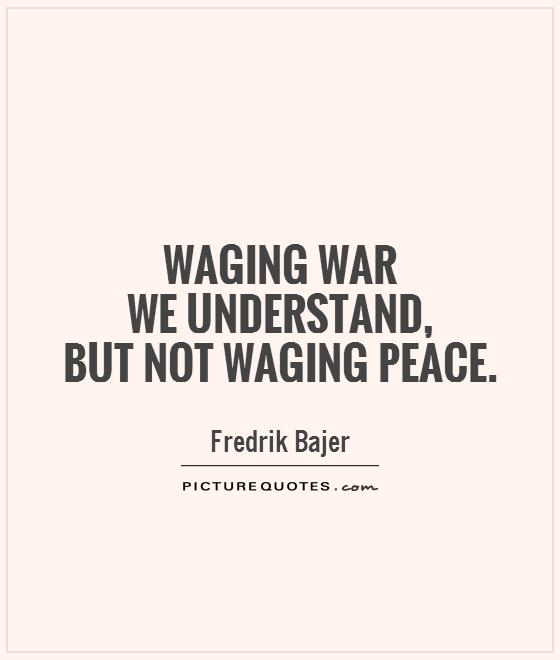
Waging war we understand, but not waging peace
Fredrik Bajer, a Danish politician and pacifist who won the Nobel Peace Prize in 1908, once famously said, “Waging war we understand, but not waging peace.” These words hold a profound truth that resonates even today, as conflicts and violence continue to plague our world. Bajer’s statement highlights the paradoxical nature of human behavior when it comes to resolving conflicts. While nations and individuals are often quick to resort to violence and warfare as a means of settling disputes, the concept of waging peace seems to elude us.The idea of waging peace may seem abstract or even contradictory to some, especially in a world where power dynamics and aggression are often seen as the most effective tools for achieving one’s goals. However, Bajer’s words remind us that true peace requires a different kind of strength and courage – the strength to resist the temptation of violence and the courage to engage in dialogue, negotiation, and compromise.
In many ways, waging peace is a much more challenging and complex endeavor than waging war. It requires patience, empathy, and a willingness to listen and understand the perspectives of others. It also requires a long-term commitment to building relationships, fostering trust, and finding common ground. These are not easy tasks, especially in the face of deep-rooted conflicts, historical grievances, and entrenched power dynamics.
Despite the challenges, waging peace is essential for creating a more just, stable, and harmonious world. As Bajer understood, the true test of humanity lies not in our ability to destroy, but in our capacity to build and sustain peace. This requires a shift in mindset from viewing peace as simply the absence of war to seeing it as an active and ongoing process of reconciliation, healing, and cooperation.
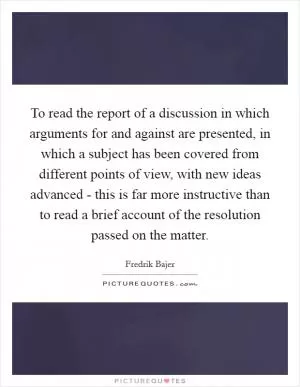
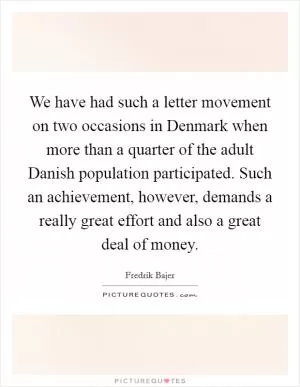
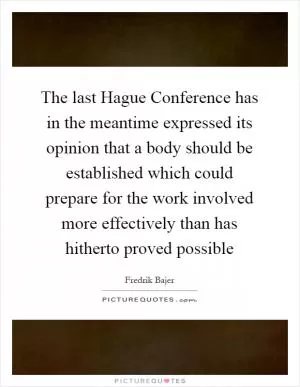
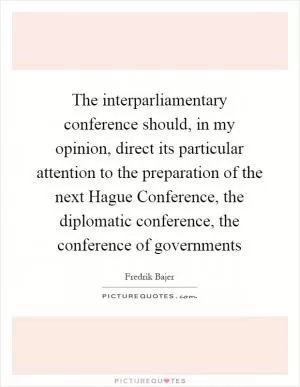
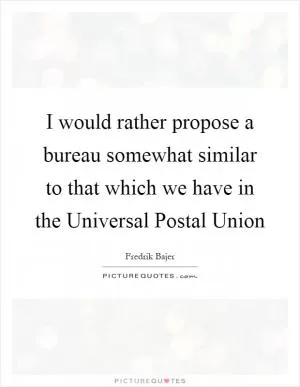
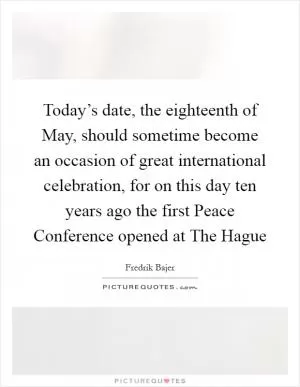
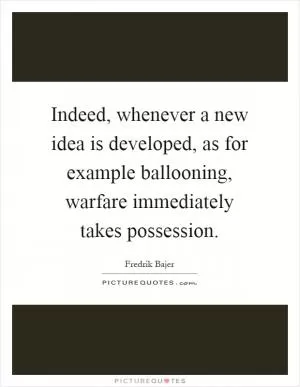
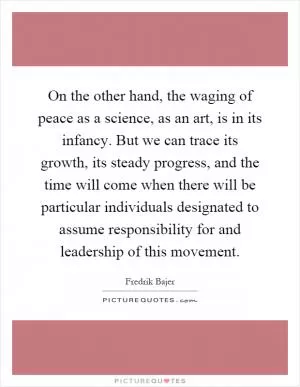
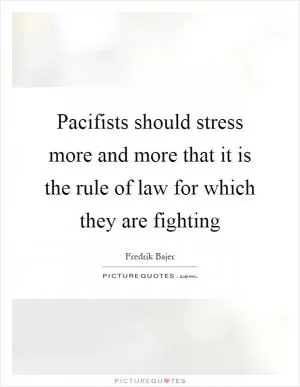
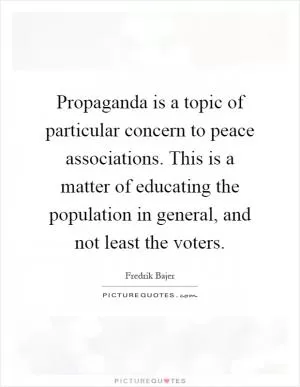
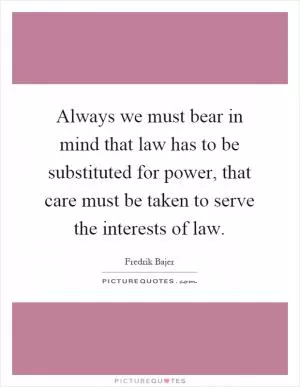
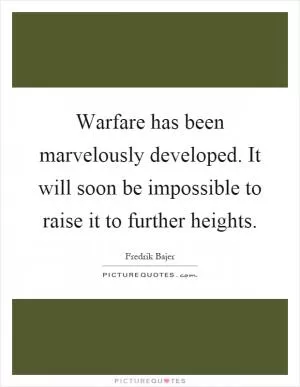
 Friendship Quotes
Friendship Quotes Love Quotes
Love Quotes Life Quotes
Life Quotes Funny Quotes
Funny Quotes Motivational Quotes
Motivational Quotes Inspirational Quotes
Inspirational Quotes